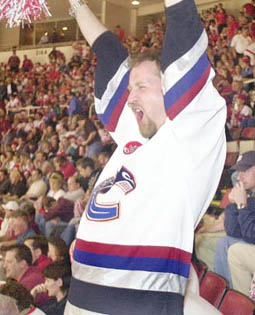
The abrupt end of the Canucks' season has created a crisis of sorts on Vancouver's AM dial. What's left for all the jock talk shows to talk about?
That may be a life and death question for the Lower Mainland's two sports radio stations, competing for a guy's guy market some observers believe is too small to support both.
The struggle for dominance between MOJO (AM730) and TEAM (AM1040) highlights broader changes in airwave culture, as corporate giants chase after the coveted 18-35 year-old male species.
The fight for sports radio bragging rights began about three years ago, when CHUM unleashed its form of 24/7 jock talk onto the Vancouver scene. Initially conceived as part of a national sports format, AM1040 was to be a key ingredient in CHUM's push to establish its TEAM Sports Radio Network. Fifteen months later, that national concept hit the skids, and Vancouver's sports outpost remains a stand-alone local station owned by CHUM.
MOJO shuts down its frat house
Meanwhile, the CORUS network had tried to tap the local male Neanderthal market with its MOJO radio, sort of an on-air version of Maxim magazine, which, since radio lacks the glossy foldout, proved destined for failure. Listeners woke up one day to find MOJO's fun loving frat house had morphed into a more sedate sports bar. "How about those Canucks? Pass the peanuts. Joe on line two go ahead…"
So what's to distinguish TEAM from MOJO? To be sure, they both have a glut of jock talk geeks, eager to vent the rant of the day.
But the early advantage clearly goes to the TEAM. With a three year head start, TEAM 1040's lineup is a mix of local sports radio personalities during the morning and afternoon "drive" periods, filling out the rest of the hours with two U.S. based, host driven, network shows: Jim Rome's The Jungle and ESPN's Dan Patrick. Evening and weekend programming includes NHL Hockey and NBA Basketball, some local play by play (CIS basketball, Vancouver Canadians baseball), about 100 Seattle Mariner baseball games and the Seattle Seahawks.
That menu doesn't a leave lot on the table for MOJO, but MOJO does have some advantages as sister station to CORUS-owned CKNW, home of Canucks broadcasts and the Sportstalk open line show.
In the afternoon 3PM-7PM drive slot, MOJO goes head to head with the TEAM with former TEAM co-host Bob Marjanovich sitting in the MOJO anchor chair.
On the play-by-play side, MOJO is home to the WHL Vancouver Giants and is trying to better leverage sister CKNW's ties to the Vancouver Canucks. The remaining day is syndicated programming from ESPN Radio, noticeably lacking in Canadian focus.
"More hemorrhoids than listeners'
All that, yet TEAM and MOJO aren't the only jock talk options. Hard core fans can get their sports radio fix via three high-powered AM stations just across the line: KPUG 1130 in Bellingham, KJR 950 in Seattle and North Country Radio 1380 in Everett.
Baseball fans can get a daily dose of Seattle Mariners pre-game, play-by-play and post-game talk KOMO 1000.
The all-sports station is a fairly recently evolved creature. As AM radio, which has struggled with higher costs and poorer signal quality, sought new niches and narrower target markets, what began as a radio oddity in the mid 1980s has become the programming norm throughout North America. Now, almost 400 stations had taken the sports plunge, including five or six across Canada.
It's rare, though, to find several sports stations in the same market. In fact, only about a dozen support more than one, and even then programming tends to split along local/network lines.
"Is there room in Vancouver for two all-sports radio stations? Probably not," says John Rea, the former general manager of TEAM 1040. "Can MOJO 730 find its own sports niche? You never want to say never, but the industry experience indicates that it will be a tough hurdle to overcome."
MOJO's effort took a hit in late March, when TEAM outbid CORUS for the radio rights to B.C. Lions Football.
CKNW on-air personalities were quick to downplay the loss of the Leos, calling the upstart TEAM "a rinky-dink wannabe sports station." Top jock Neil Macrae said he had "more hemorrhoids than they have listeners."
TEAM staffers fired back, disparaging NW's aging demographic with cracks that "at least our listeners can chew food."
Keep it local, pour in money
Rick Scott, a Seattle-based sports radio guru, says the station left standing will be the one best at "playing to the strengths of the local sports audience."
"You need to be local," concurs Rae. "Have compelling and engaging on-air personalities and continuously speak to the interests of your audience. It is a simple formula but also one that requires both a longer term financial commitment and patience -- two traits that up to now have not been CORUS's long suit."
Case in point: AM730's identity crisis. Under the CORUS ownership tenure, the station launched an all-news format, hoping to leverage its market dominant NW brand to take on the existing CKWX all-news station. If in theory, the plan seemed sound, the reality proved otherwise. Unable to crack WX's established market hegemony, NW2 abruptly turned its news format into MOJO's on air frat house, and now nothing but sports.
Competition, says Scott, can create a bigger market for sports radio, but in Vancouver, generally considered a "one-trick sports town" where the Canucks rule supreme, the challenge is even bigger. There are no signs that CKNW is about to give up or share its Canucks broadcast rights, even to help out a struggling sister like MOJO.
MOJO has taken the first steps to shore up its local programming, luring veteran sportscaster and former TEAM 1040 morning man, John McKeachie, over to its stable.
While McKeachie should help give MOJO some much needed credibility in the local market and, more importantly, a boost in its hitherto almost insignificant market share, CORUS execs are well aware that the fight for sports radio supremacy has only just begun.
Brian Schecter is a writer, consultant and veteran producer and director specializing in live TV events including Olympic and Commonwealth games. ![]()
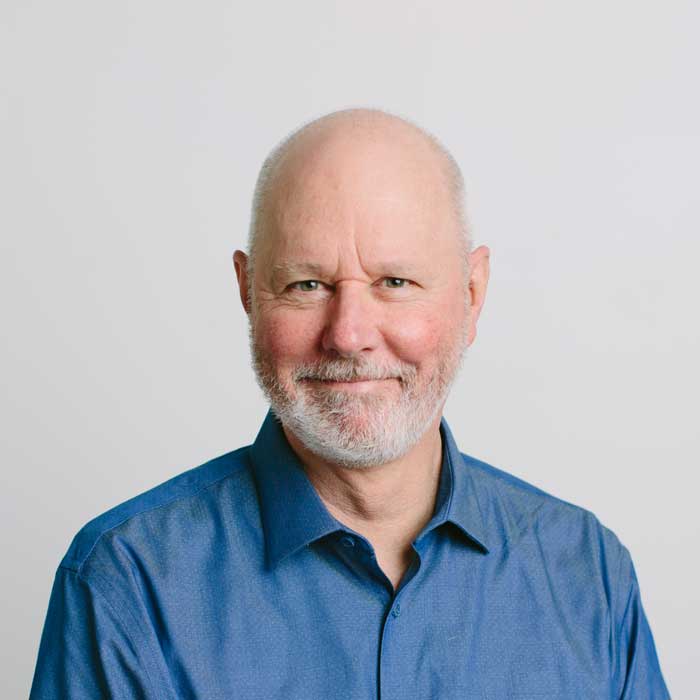


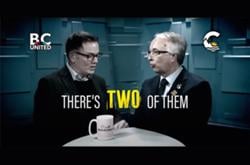



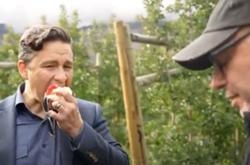
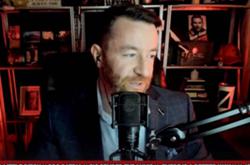






Tyee Commenting Guidelines
Comments that violate guidelines risk being deleted, and violations may result in a temporary or permanent user ban. Maintain the spirit of good conversation to stay in the discussion.
*Please note The Tyee is not a forum for spreading misinformation about COVID-19, denying its existence or minimizing its risk to public health.
Do:
Do not: